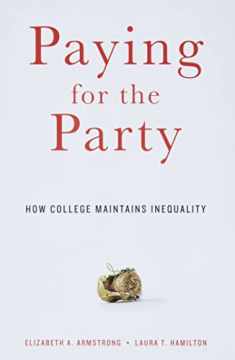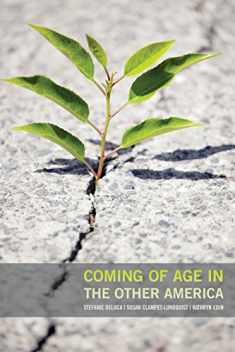
Privilege: The Making of an Adolescent Elite at St. Paul's School (The William G. Bowen Series, 65)
Book details
Summary
Description
As one of the most prestigious high schools in the nation, St. Paul's School in Concord, New Hampshire, has long been the exclusive domain of America's wealthiest sons. But times have changed. Today, a new elite of boys and girls is being molded at St. Paul's, one that reflects the hope of openness but also the persistence of inequality.
In Privilege, Shamus Khan returns to his alma mater to provide an inside look at an institution that has been the private realm of the elite for the past 150 years. He shows that St. Paul's students continue to learn what they always have--how to embody privilege. Yet, while students once leveraged the trappings of upper-class entitlement, family connections, and high culture, current St. Paul's students learn to succeed in a more diverse environment. To be the future leaders of a more democratic world, they must be at ease with everything from highbrow art to everyday life--from Beowulf to Jaws--and view hierarchies as ladders to scale. Through deft portrayals of the relationships among students, faculty, and staff, Khan shows how members of the new elite face the opening of society while still preserving the advantages that allow them to rule.


We would LOVE it if you could help us and other readers by reviewing the book
Book review





